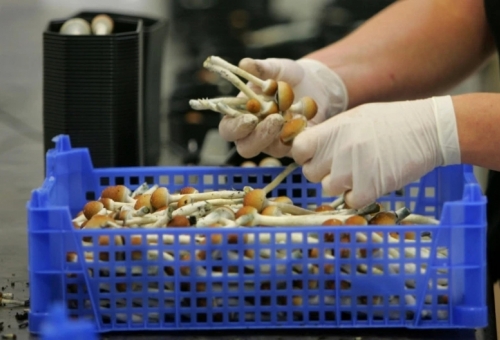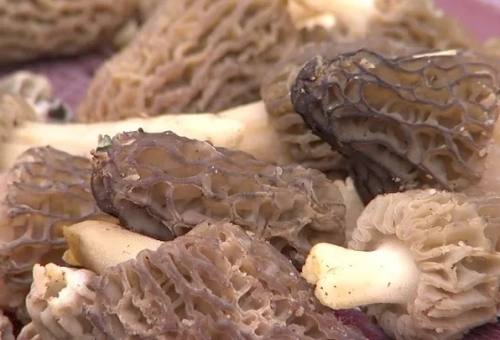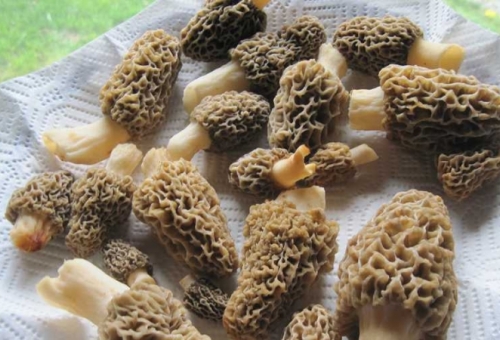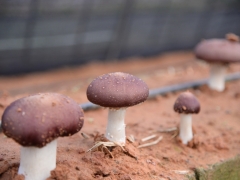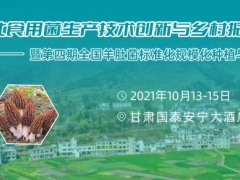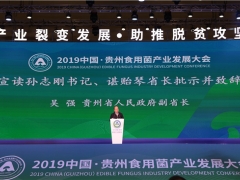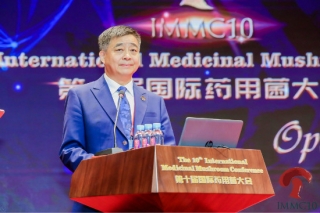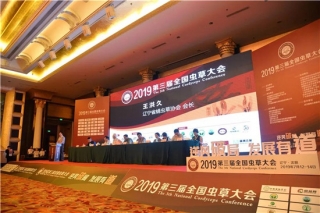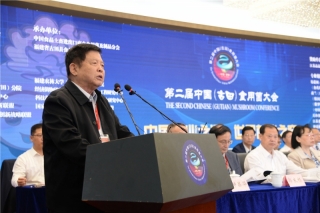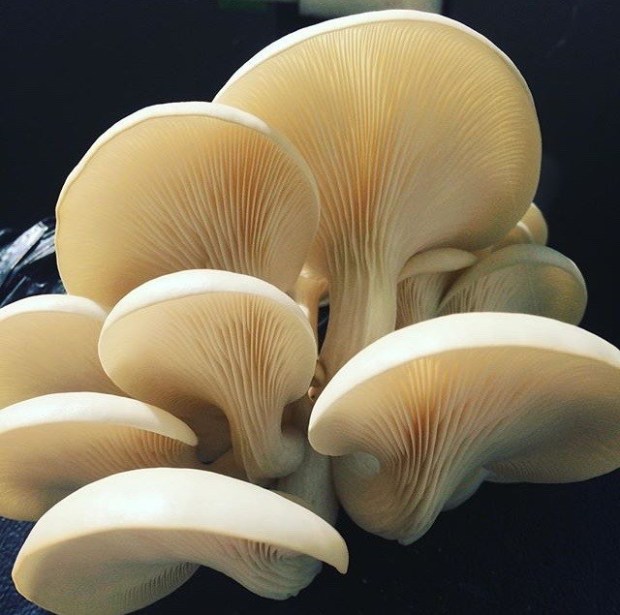
YANKEE HILL — After the Camp Fire destroyed his home, local farmer Chris “Cheetah” Tchudi was granted early access to his farm to feed and care for the animals he wasn’t able to evacuate. But he was stuck there.
“I was sitting on my hands, and I couldn’t stand it,” he said.
So Tchudi, who co-owns Turkey Tail Farm in Yankee Hill with his wife Samantha Zangrilli, began working on an idea that would help his neighbors begin to recover from some of the most toxic aftereffects of the devastating fire: A mobile mushroom lab.
An oyster mushroom, a key species used to degradation of persistent organic pollutants in mycoremediation. (Chris Tchudi — Contributed)
It’s not as crazy an idea as it might sound. In the burgeoning field of mycoremediation (“myco” is a Latin root meaning fungus), mushrooms and other fungi are used to help decontaminate soil from toxic waste and heavy metals. It’s been used to great effect removing heavy metals, organic pollutants, chemicals and in detoxifying wastewater. Tchudi himself has experience in mycoremediation, having previously used the science to assist farmers in filtering E. coli infections and helping to clean up motor oil spills.
Tchudi said his mushroom greenhouse burned down but the fungi inside them survived, so while he was stuck on his property after the fire, he carefully cultivated the fungi and protected them from toxic runoff when the rains came by building wattle barriers around the remains of the greenhouse.
What remained of Chris “Cheetah” Tchudi’s mushroom greenhouse after the Camp Fire destroyed his home and farm. Luckily, the Yankee Hill farmer was able to save many of the mushroom specimens inside. (Chris Tchudi — Contributed)
On his property alone, Tchudi recognized there would be toxic runoff from burned cars and around his pump house — where the remains of two 5,000-gallon water tanks were now two large plastic puddles, and inside the home he’d built with his own hands there were charred and destroyed electrical wires and lead-acid batteries leeching toxins into the soil.
“Burned paint (from the house and shed) would have created polychlorinated biphenyls, dioxins and benzene from melted plastics,” he said. “Lead, nickel, cadmium and zinc would also be present.”
And, Tchudi added, it’s like this on nearly every property affected by the Camp Fire. While the California Office of Emergency Services is engaged in removing the contaminated topsoil, Tchudi’s solution of employing fungi would leech the toxins out of the soil where it stands and break them down into their harmless components.
The scary thing is, Tchudi added, “very little is known and no one is testing on the soil for these persistent organic compounds” that are the toxic byproducts of urban wildfires.
Tchudi said he would like to focus his work on smaller parcels — such as those that are 120 square feet or less. His 501(c)3 company, Butte Remediation, would come onto a property, test the soil for organic compounds and toxic waste, then custom-grow fungi for clients that would be able to remove the specific toxins from the soil.
Inside the mobile mushroom lab, where Chris “Cheetah” Tchudi is already growing several varieties of fungi so his company can hit the ground running once it receives a grant. (Chris Tchudi — Contributed)
He has applied for grants and is hopeful that he can get those grants. If he does, he’ll gets his mobile mushroom lab up and running, and he can start working on mycoremediation projects almost immediately, Tchudi said. He’s already begun to grow seven different types of fungi to be ready for immediate use when the grants come in; though he recognizes it’s a long process.
“Basically the fungal enzymes that are typically applied to degrading wood can also help break down carcinogenic and disruptive materials,” Tchudi said.
In the meantime, he’s hosting a free workshop at the Chico Women’s Center on Sept. 19 that will teach attendees about the basics of mushroom biology, low-tech methods to propagate fungi, an overview of fire-related toxins and the concept of mycoremediation.
Tchudi is also hopeful Butte County can create a mycoremediation plan for other fire-struck communities to follow in the future — because, he said, there will be more in the future
“I’m hopeful people will see the need and create a plan we can show off,” he said. “We’re facing a new normal, and we need ways to handle it that aren’t just a backhoe and a dump truck.”





